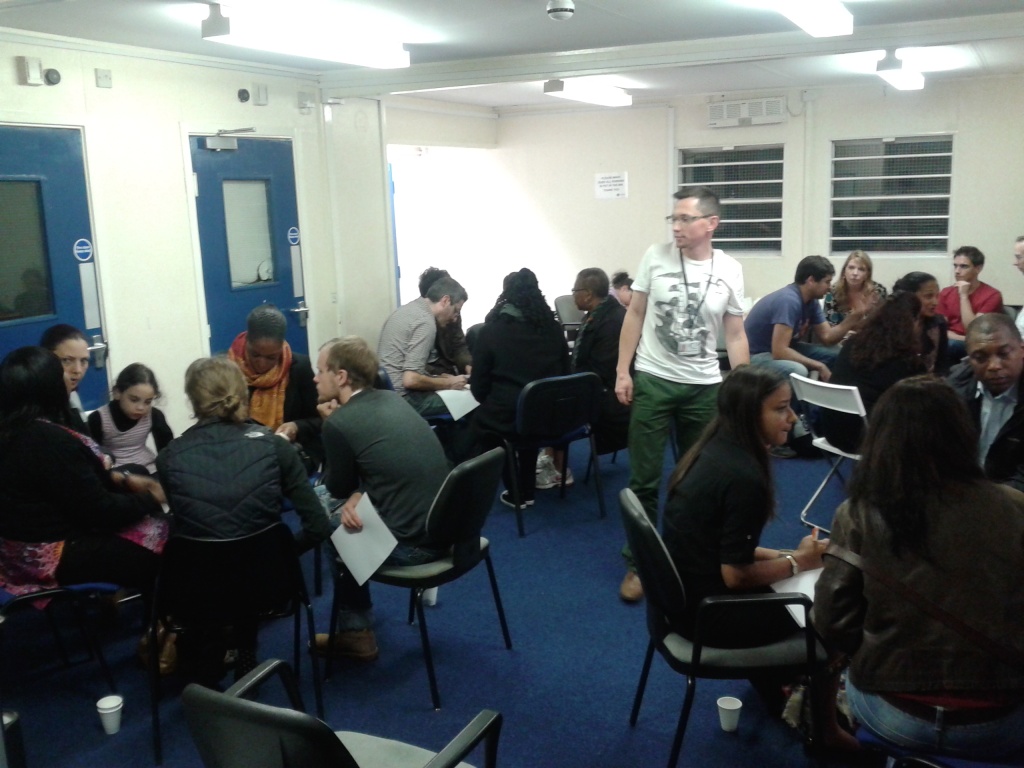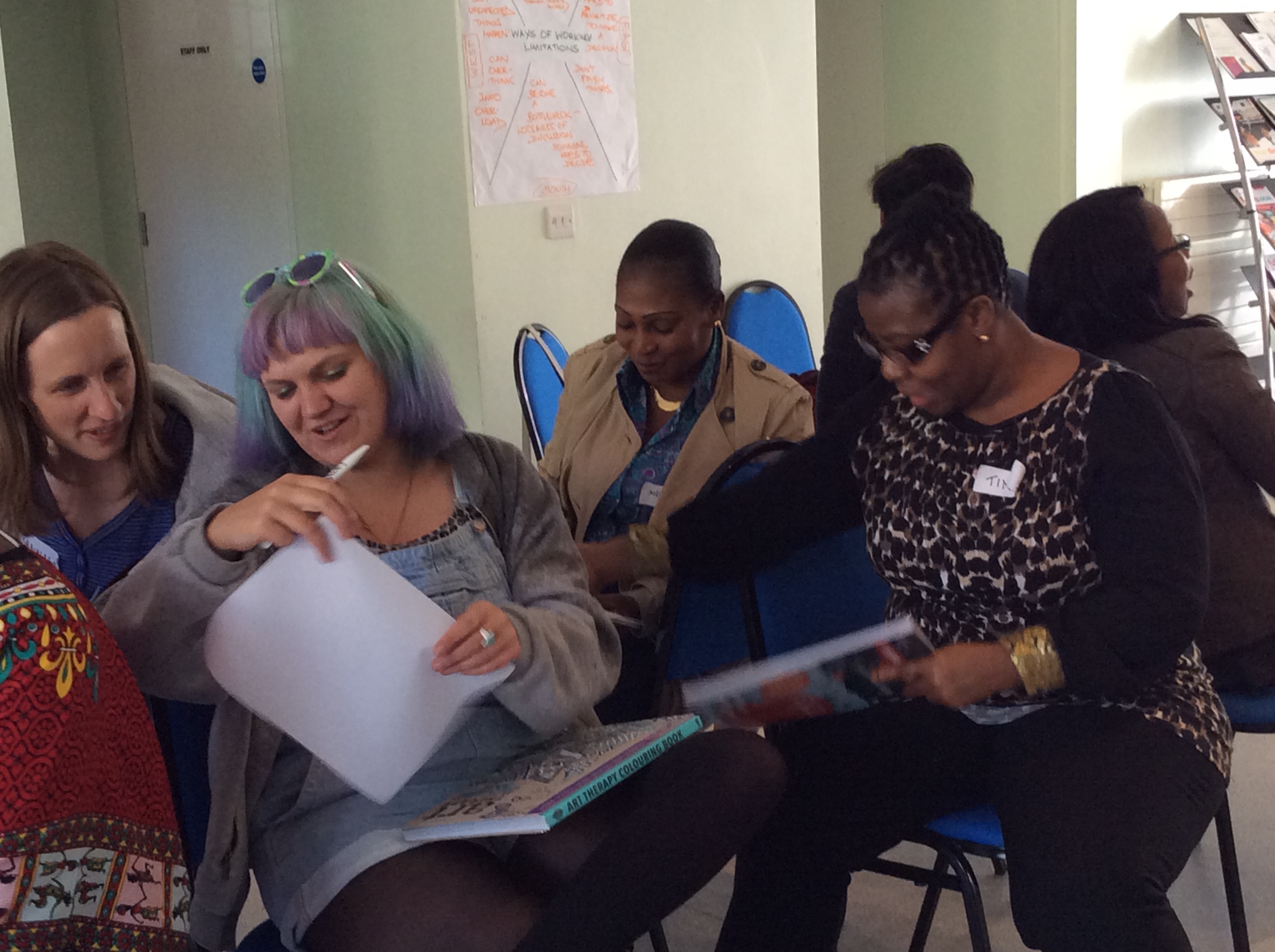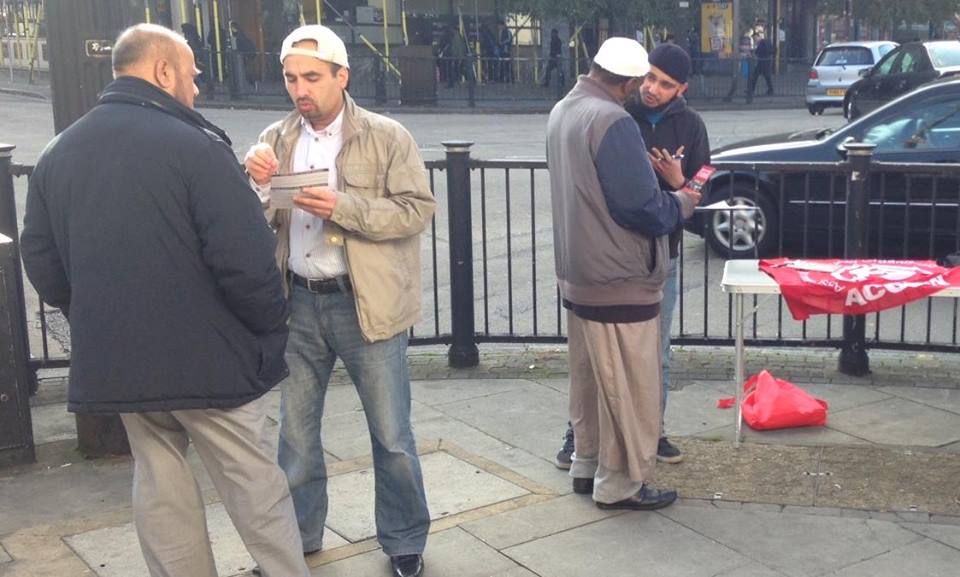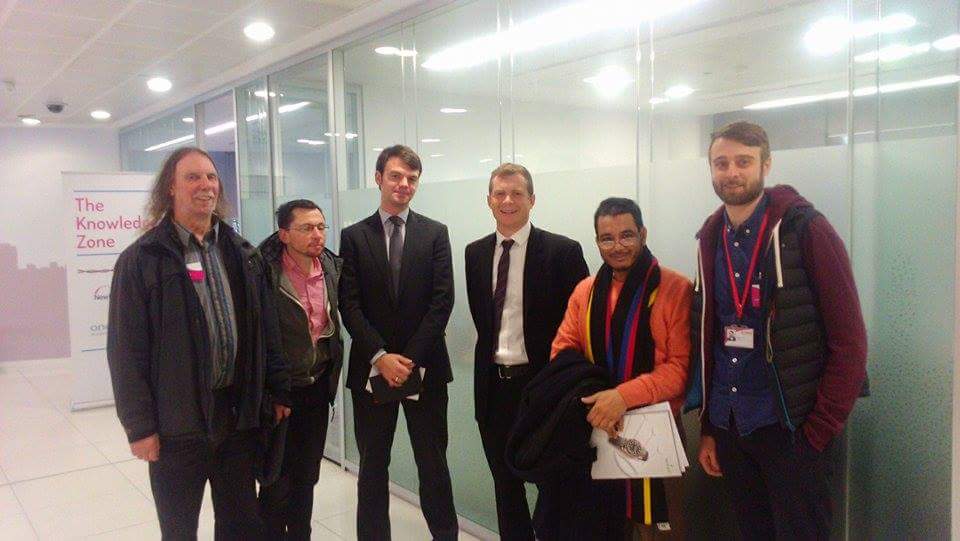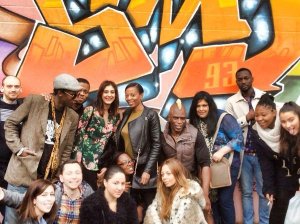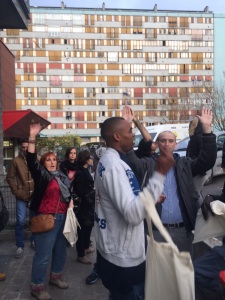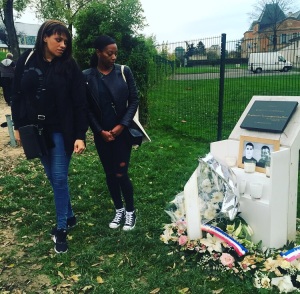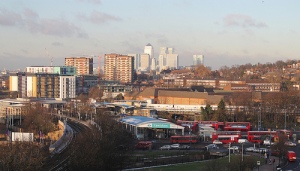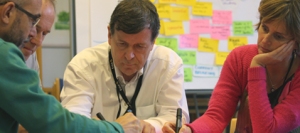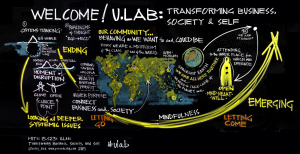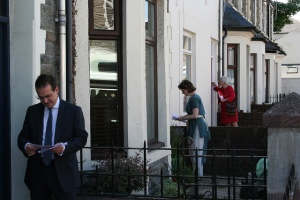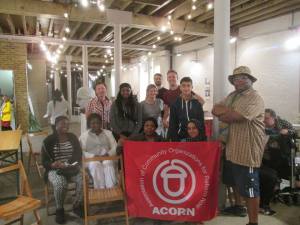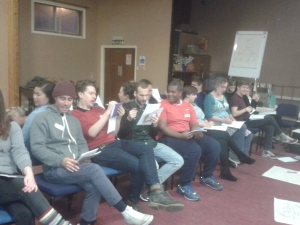Is community organising what can bring the Liberal Democrats back out of the wilderness into which the electorate has cast them? The party has an opportunity to give the phrase ‘community politics’ meaning – but the two contenders for its leadership seem wedded to an old campaigning model.
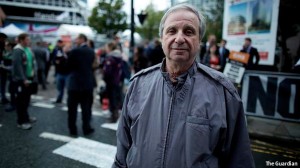 It’s a familiar story. The Labour party hierarchy apparently quietly abandoned its flirtation with community organising in the last Parliament, on the grounds it might mean helping communities challenge Labour councils. A move bemoaned by some in Labour. The party had taken the bold step of seeking advice from Chicago organiser Arnie Graf on how it could work with non-members on issues important to communities. The idea seemed like a master stroke: a way of treating local members as leaders, rather than “drones” taking orders from the party’s headquarters, and of building relationships with all those who would never join a party but feel passionate about things in their area.
It’s a familiar story. The Labour party hierarchy apparently quietly abandoned its flirtation with community organising in the last Parliament, on the grounds it might mean helping communities challenge Labour councils. A move bemoaned by some in Labour. The party had taken the bold step of seeking advice from Chicago organiser Arnie Graf on how it could work with non-members on issues important to communities. The idea seemed like a master stroke: a way of treating local members as leaders, rather than “drones” taking orders from the party’s headquarters, and of building relationships with all those who would never join a party but feel passionate about things in their area.
In the end, though, whilst the organising ‘wing’ Movement for Change is still there, those at the top of Labour decided that the tried-and-tested method of getting out the vote was more important than building relationships in communities. Cynics have said that Labour politicians holding office did not want power to be shifted to communities from the town halls and constituency offices in which it was held.
I wondered, then, if the Liberal Democrats, which can point to a tradition of community politics, described as a movement to involve those who see themselves as non-political in local issues, would seize the opportunity instead. The former leader Nick Clegg was bemused by the Conservatives’ so-called big idea of a ‘Big Society,’ given what he saw as the empowerment of communities was something his party had already been doing at the local level. But the ‘localism’ he pushed in the Localism Act, whilst well-intentioned, was not truly shifting power: it was in the main setting up new sites for decisions, like area fora, to make council decisions more ‘participatory’. Truly letting go of power is to be happy with communities themselves making power, not being given it. The removal of a clause in the Act allowing local referenda to allow communities to set the agenda after lobbying from council leaders was not supporting communities to take power.

Norman Lamb and Tim Farron need to learn to be comfortable with sharing power – with the powerless
Of the contenders for the leadership, Tim Farron has urged a revival of community politics, letting communities decide what the party campaigns on; and Norman Lamb has urged root-and-branch reform of how the party operates including reviewing whether a Westminster HQ is needed. Both seemed to herald a window of opportunity for a more locally-driven community organising approach in how the party campaigns.
A hustings tonight did not inspire hope. Pleasingly, both said it was important that the party works with non-members: Lamb evoked the Grimmond era, when with few trappings of official power, as now, the party worked with civil society to deliver change. Farron said that many of his volunteers in his constituency are not members. You achieve this, he said, by “inspiring” them to get involved (and Farron is a very inspiring speaker). Less pleasing was the vision of how the party campaigns. His vision for future campaigning? “We will deliver more leaflets than ever before.” Lamb, meanwhile, said that what would sway people was “the force of your ideas”.
Both approaches, either the folksy approach of Farron ‘ “we need to tell the public who we are”; or the clever approach of Lamb – “you don’t fight the welfare cuts by saying no – you come up with an alternative” are flawed. Whilst one uses the heart, the other the head, both essentially involve better getting our message out. This means forcing yourself on others: exerting power in order to gain power. Of course we need a good story, well told, backed by good policy. But campaigning must be more than a one-way conversation.
The liberal approach must be more than simply doing a survey in a leaflet and then using that to come up with a campaign. That leaves people passive or, at best, drone-like, as in the Labour party, doing the groundwork once a campaign has been decided; worse, the most powerless, the ones least likely to read a leaflet and fill in a survey, will be left as those either given up on politics or waiting for some campaigners to speak for them. This is not good enough. Whilst a political party can never give a community power, it can facilitate people building power.
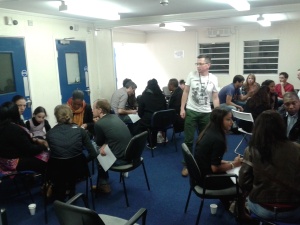
The powerless may start to realise the collective power they have when they come together
In the London election, for example, the Lib Dems could, rather than simply descending on Brixton to tell the populace discriminatory stop-and-search is wrong, as if they didn’t know that, instead ask people on the street about their experiences, and bring those angriest together so they can, stand up for each other and exert power on decision-makers. The same could be done with the experiences of those with Job Centres that are exercising their bureaucratic discretion to issue more benefit sanctions than most. Or any number of other communities of interest with least power.
This will take many out of their comfort zone. It would take longer than simply seizing on an issue that is getting people’s blood boiling, the bandwagon-leaping approach, and telling people, “yes, we agree with you”. But it will mean building relationships with people who might never give us the time of day, and building them to become leaders, even though not all of them will join us. The prize, however, is that we affect change. Contrary to what Farron said tonight, it’s incorrect that the party can now with only eight MPs do “nothing” about the issues it cares about. As Matthew Taylor of the RSA brilliantly put it, to take power, you make power. You affect change outside formal power by building power in communities.
The party would be getting change whilst also getting a second great prize: at the same time increasing its valence, the perception that it can deliver on what it says. No matter how forceful your personality or how well-considered your policy, if you are not seen as having competency on what people care about, you can forget it. Given the party cannot change policy very easily, it needs to do what it can, with others, to change the power dynamics that have a bearing on policy. Standing alongside people rather than promising to sort everything out when you’re far from power is surely the right approach, no?





